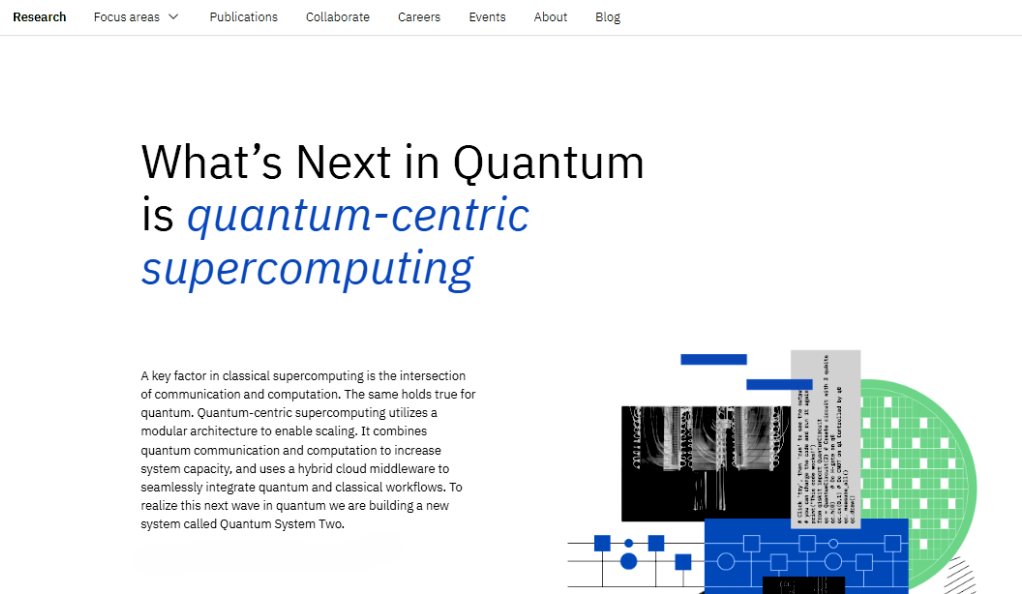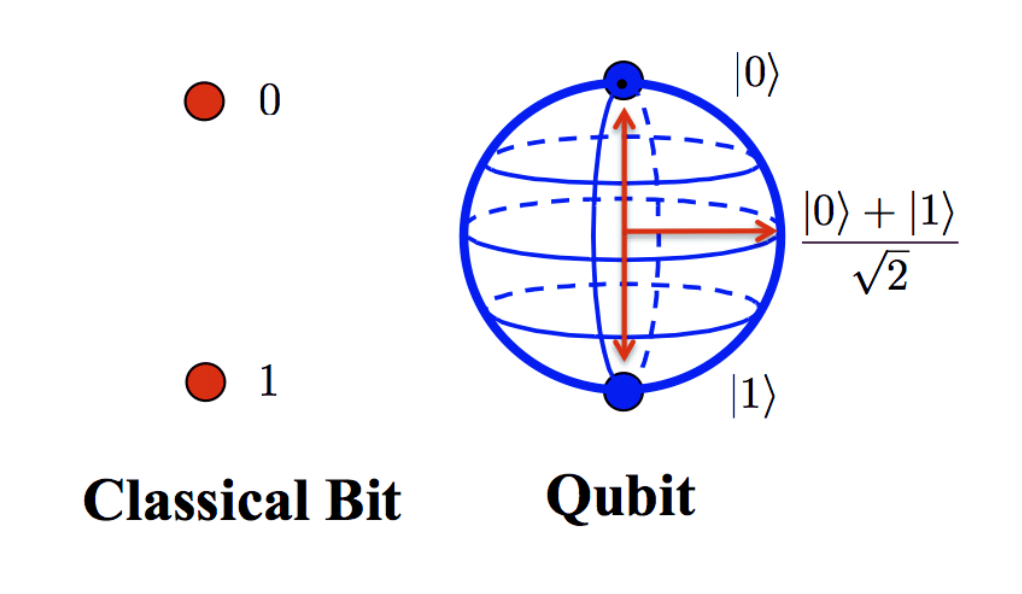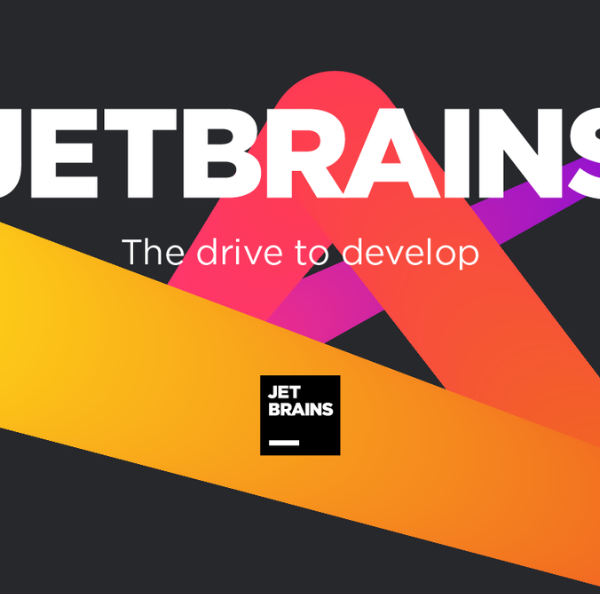The Quantum Leap: IBM’s Q Experience and the Future of Quantum Computing
Quantum computing is not just another buzzword in the tech community; it’s the embodiment of a paradigm shift. It promises to break the conventions set by classical computing, tackling problems deemed unsolvable before. IBM’s Q Experience acts as a beacon for this promise, offering a deep dive into the power and potential of quantum computing.
The technology’s allure isn’t just rooted in its power, but in the numerous avenues it opens. From redefining encryption standards to unearthing new drug molecules, its implications are far-reaching. With companies like IBM leading the charge, the quantum era is not a distant dream but an impending reality.

Contents
- A Glimpse into IBM’s Q Experience
- Quantum Bits (Qubits) vs Classical Bits
- Quantum Entanglement: The Core Strength
- IBM’s Leading Role in Quantum Research
- Potential Applications of Quantum Computing
- Current Limitations and Challenges
- A Collaborative Ecosystem: IBM’s Quantum Community
- Quantum Computing vs Classical Computing: The Road Ahead
- Conclusion
- FAQs
A Glimpse into IBM’s Q Experience
The IBM Q Experience is not just another platform; it’s a groundbreaking initiative. By allowing users to run quantum algorithms and experiments on real quantum processors, IBM bridges the gap between abstract quantum concepts and tangible outcomes.
And it’s not just for the quantum-savvy. This platform welcomes individuals from all domains, ensuring that everyone, regardless of their background in quantum physics, can grasp, experiment, and potentially contribute to this burgeoning field.
Quantum Bits (Qubits) vs Classical Bits
While classical bits have served as the foundation of computing for decades, encoding data in 0s and 1s, qubits operate on a whole different level. Thanks to the principle of superposition, a qubit can exist in a 0, a 1, or both simultaneously. This nuanced state enables quantum computers to process information at unparalleled speeds.
But it’s not just about speed. This capability lets quantum computers handle complex simulations and calculations that would take classical computers millennia to solve, effectively making certain insurmountable tasks achievable.

Quantum Entanglement: The Core Strength
At the heart of quantum computing lies a phenomenon that even Einstein called “spooky”: entanglement. When qubits become intertwined, the state of one qubit can determine the state of another, regardless of the distance separating them. This powerful bond boosts the computational strength of quantum computers.
The practical applications of entanglement are still being unraveled. However, it promises advancements in fields like teleportation of information and the creation of unbreakable encryption codes, heralding a new age of communication and security.
IBM’s Leading Role in Quantum Research
IBM’s commitment to quantum technology is evident in its strides in research and development. Their consistent advancements have resulted in the unveiling of various quantum processors, each building on the lessons from its predecessor, pushing the boundaries of what’s achievable.
The Q Experience, an embodiment of their dedication, serves as an educational tool, a research platform, and a testament to their vision for a quantum-powered future. It highlights IBM’s pivotal role in moving quantum computing from labs into our lives.
Potential Applications of Quantum Computing
The potential realms of quantum computing are vast. In medicine, it can lead to faster drug discovery processes, saving countless lives by identifying potential drug molecules in a fraction of the current time. Complexities involved in understanding DNA structures could be simplified, heralding a new age in personalized medicine.
In the world of finance, quantum computers can revolutionize trading strategies. By processing vast datasets instantaneously, they can identify trading patterns missed by classical systems. Risk management, a cornerstone of finance, can also be optimized to levels previously thought unattainable.
Current Limitations and Challenges
Every nascent technology comes with its share of teething issues, and quantum computing is no exception. Qubit stability remains a significant concern, with qubits often losing their state due to the slightest of disturbances. This makes creating reliable quantum systems a challenge.
Moreover, the error rates in quantum computations remain high. Ensuring accuracy while harnessing the power of qubits is a delicate balancing act. Additionally, the cooling requirements for quantum systems are monumental, often requiring temperatures colder than outer space, posing logistical and financial challenges.
A Collaborative Ecosystem: IBM’s Quantum Community
IBM’s Q Experience is more than a technological platform. It represents a thriving ecosystem of quantum enthusiasts, professionals, educators, and researchers. This community-driven approach amplifies the pace of innovation, with diverse minds collaborating to explore the quantum frontier.
This collaborative space provides a nurturing ground for budding quantum physicists, programmers, and thinkers. With workshops, seminars, and collaborative projects, it acts as both a learning platform and a hub for groundbreaking quantum advancements.
Quantum Computing vs Classical Computing: The Road Ahead
While the rise of quantum computing might seem to signal the decline of classical systems, the reality is more nuanced. Classical computers will continue to play a critical role in our daily lives, managing tasks they’re optimized for.
Quantum computers, on the other hand, will take on roles that classical systems find challenging or impossible. They’ll handle specific niche problems, especially those involving vast amounts of data or complex simulations. The future will likely see a synergy between the two, each complementing the other’s strengths and weaknesses.
Conclusion
The horizon of computing is changing, with quantum technology becoming a significant part of the narrative. IBM’s Q Experience offers a sneak peek into this future, demystifying quantum concepts while highlighting their real-world implications.
The journey is just beginning. As research progresses and technology matures, the line between the quantum realm and our daily lives will blur, opening avenues previously thought impossible. With pioneers like IBM at the helm, the future looks promising and quantum-charged.
FAQs
Classical bits are the building blocks of traditional computing, working on a binary system – they’re either in a state of 0 or 1. Qubits, on the other hand, leverage the principles of quantum mechanics. They can exist in a state of 0, 1, or both (superposition). This unique property enables quantum computers to hold and process a vast amount of information simultaneously, promising unprecedented computational power.
IBM’s Q Experience serves as a gateway to the quantum realm. For the everyday user, it demystifies the complex world of quantum computing, making it accessible and understandable. Users can run experiments, learn about quantum principles, and even contribute to the field. The platform is designed to be user-friendly, ensuring that even those without a quantum background can delve into its depths and potentially harness its power for various applications.
Not at all. Quantum and classical computing are anticipated to coexist, each addressing different sets of problems. While quantum computers excel at specific complex tasks, classical computers are more suited for many of our everyday computing needs. In the foreseeable future, they will work in tandem, complementing each other to offer comprehensive computational solutions.
Quantum computing, being in its nascent stage, faces multiple challenges. First, qubits are highly sensitive, making stability a significant concern. Minor perturbations can disrupt their state. Additionally, quantum computations currently have high error rates, necessitating error-correction techniques. Also, the cooling requirements for quantum machines are immense. Quantum systems often need temperatures colder than outer space to function, which presents both technical and economic challenges.
Quantum computing holds the potential to revolutionize multiple industries. In healthcare, it can significantly speed up drug discovery, enable better DNA sequencing, and lead to personalized treatment plans. For finance, the ability to process massive datasets in real-time can redefine trading strategies, optimize portfolios, and improve risk assessment models. The infusion of quantum capabilities in these sectors can lead to faster, more efficient, and more accurate outcomes.
At bstash.io, our mission is to offer impartial and dependable information on cryptocurrency, finance, trading, and stocks. Nevertheless, we are unable to offer financial guidance and encourage users to conduct their own research and thorough investigations.
Read MoreQuantum computing is ushering in a new era of technological breakthroughs. At the forefront is IBM’s Q Experience, bridging the gap between the quantum world and real-world applications. Discover its role in shaping the quantum landscape.






